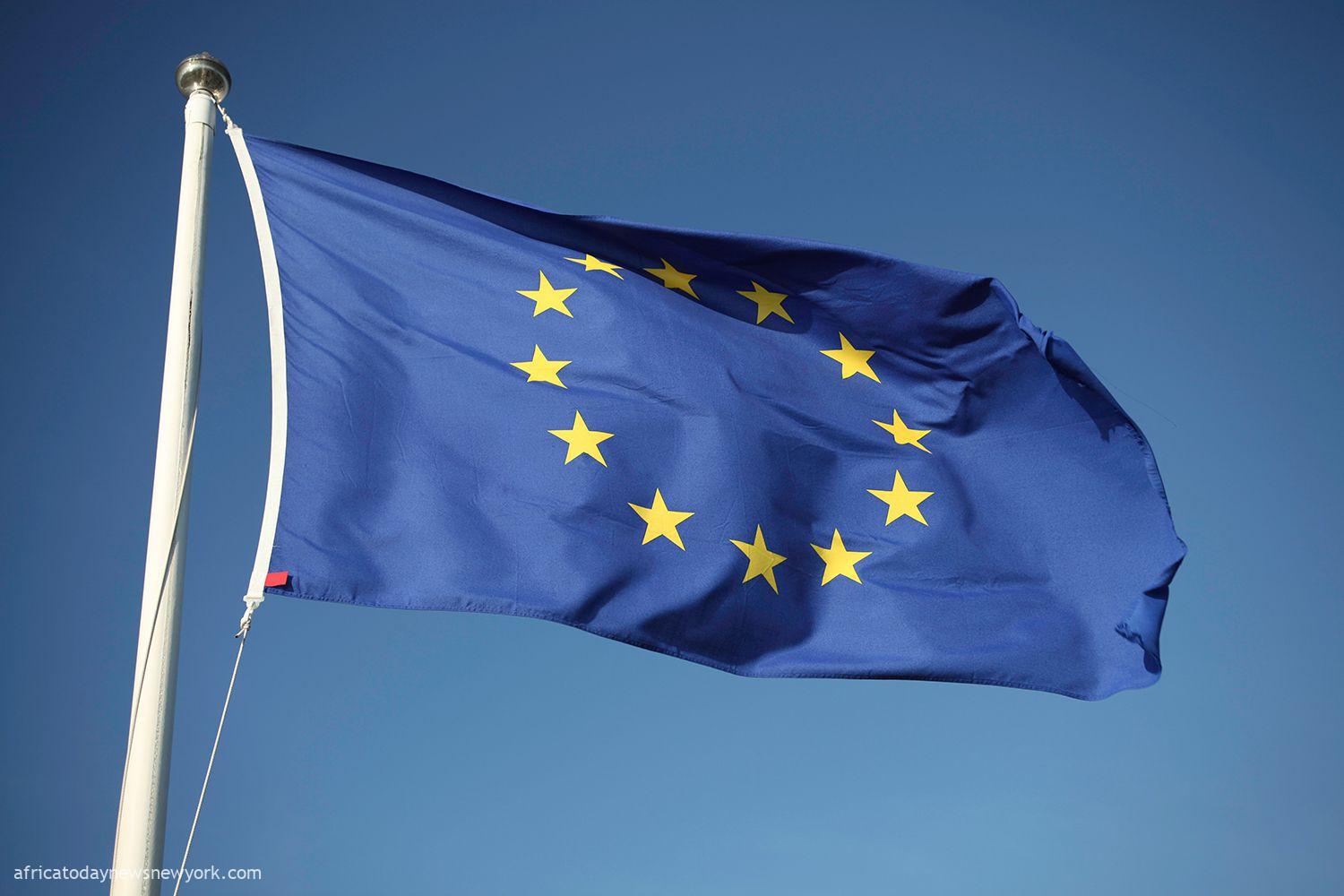The Federal Government has initiated discussions with the European Union (EU) to secure backing for the implementation of crucial reforms within its immigration and correctional services.
Dr. Olubunmi Tunji-Ojo, Nigeria’s Minister of Interior, appealed during his meeting with Samuela Isopi, the European Union Ambassador to Nigeria, held in Abuja.
The Minister, in his commitment to bolster Nigeria’s relationship with the European Union, emphasised that this step closely follows his ministry’s determination to enact significant reforms in the domains of migration and the rejuvenation of Nigeria’s Custodial facilities.
In a statement released on Saturday, Babatunde Alao, the Special Adviser for Media and Publicity to the minister, disclosed these details. Dr. Tunji-Ojo emphasised the historical significance of the relationship with the EU and highlighted that the ministry’s principal reform initiatives involve addressing irregular migration, exposing organised crimes, and upholding the rule of law.
The minister has proposed that the European Union could offer aid to the country by introducing technology to reinforce buffer zones and enhance the nation’s border management infrastructure.
‘The European Union is important to the socio-economic development of Nigeria. Our relationship with the EU is historical in terms of but not limited to bilateral support.’
Read also: Modi Officially Invites African Union To Join G20
‘If we are able to solve crime and migration problems in Nigeria, Africa will be better for it. Due to the boundaries Africa shares with the EU, our problems are more of an EU problem than any other part of the world. And, because we are committed to solving this, we will explore all avenues’, he stated.
The Minister made it clear that the ministry is actively pursuing major reforms, with a particular emphasis on improving travel documentation processes and ensuring efficient knowledge transfer.
He said; ‘We have commenced the process to remove the bottlenecks in our international passport application and collection processes. Today, we have made huge progress. We are also working on ways to reduce identity theft. We want to make sure the green passport regains its pride and integrity.’
When addressing the measures to reduce overcrowding in the nation’s custodial institutions, the minister revealed that a substantial 70 percent of the 79,000 inmates are in the pre-trial phase.
He called on the European Union to provide support for the Federal Government’s intention to conduct a comprehensive audit of all correctional facilities.
‘We have over 4000 inmates in the facilities for their inability to pay various fines. We believe we can reduce the number of inmates in our correctional facilities by about forty per cent if we explore non-custodial alternatives as provided for in the Correctional Service Act’, he stated.
At the start of the meeting, the Ambassador conveyed assurance to the Minister concerning the European Union’s support. The EU emphasised its commitment to supplying technical assistance in managing the illicit aspects of migration, as well as in the fight against human trafficking and the smuggling of people.

